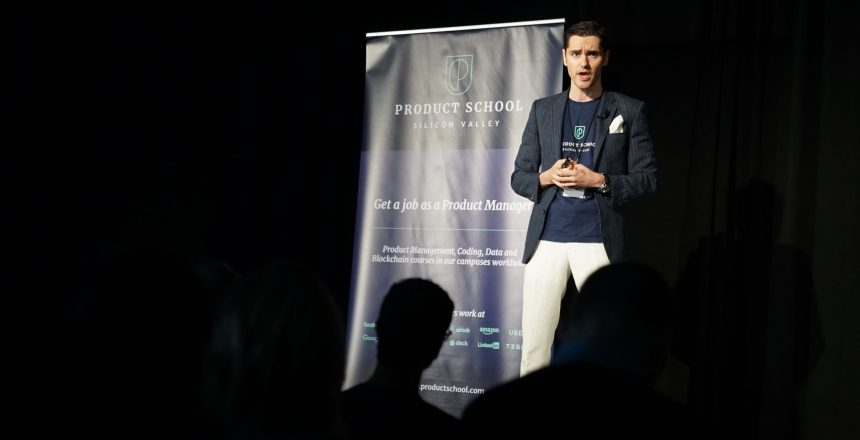The fear of public speaking is a shared form of anxiety. It can range from slight nervousness to paralyzing fear and panic, trembling hands, sweaty palms, tense body, breathlessness, a quavering voice, and a brain freeze. Does that sound like fun to you? Right? That fear, by the way, is what keeps you humble and honest and forces you to prepare.
There’s even a name for it. Glossophobia. According to The National Institute of Mental Health, this fear affects 73% of the population. It may be because we are born that way. In his 2013 TED Talk, The science of stage fright (and how to overcome it), Mikael Cho said that humans worry about reputation because it’s in our nature. Public speaking can threaten it.
You fret before a speech, “What if I’m awful?” That fear is a threat reaction from your brain’s primitive and uncontrollable part. It’s the fight-or-flight response again, a self-protective process seen in various animals, most of whom don’t give speeches. A threat to our safety requires immediate action. Speaking to a crowd isn’t a threat to safety, but our brains can’t distinguish between these threats.
The underlying fear is the judgement or negative evaluation by others. But with preparation and persistence, you can overcome it. World-renowned speaker Zig Ziglar, known for his riveting and compelling motivational speeches in the 1980s and 90s, said that to shrug off his fear, he spent up to six hours a night preparing for a morning presentation.
Here is what we can do to get you started and beyond your fear.
Know your topic
The better you know your topic, the more confident you will be. Hence, you’ll likely make fewer mistakes and make better choices. We can retrieve the information even if we stumble or lose our way. Your audience needs to recognize you as a credible speaker.
Being knowledgeable about your topic is an easy way to do this. A good understanding will help you explain complex parts of your topic and deliver more confidence during the questions and answers session. Toastmasters have a famous saying that you can give a speech about anything. You can go for it. But when you progress, choose what you know.
Organize
You should carefully plan the content you want to present, including any props, audio, or visual aids. The better prepared you are, the less nervous you will be. In a short TED Talk, Phil Waknell, a coach of speakers for TEDx events and other major conferences, breaks a great speech into three magic ingredients of successful presentations and shares a simple but powerful technique to understand your fundamental objective.
It’s called the “Audience Transformation Roadmap.” It is a simple but compelling technique to appreciate your transformational goals and then brainstorm what you can say, show and do to transform your audience.
We ask ourselves four simple questions.
First, what does my audience know before my presentation? Second, what do they believe? Three, what do they feel? The difference between the two is believing is something you think, and feeling is an emotion. I believe it’s time for dinner; I feel hungry. See the difference?
Lastly, what do they do? Now, after your speech, they could do nothing, maybe they do nothing relevant, or perhaps they do something to change. Once you’ve worked out where the audience is, you can take them to where you want them to go afterwards.
Now, we ask the same four questions but in reverse order.
So now we know what they did before. What do we want them to do after the presentation? What do they need to feel? What should they believe differently, to feel and do those things? What do they need to know?
Waknell makes a good point: “You realize quickly that the real transformations are not in what they know; it’s in what they believe and feel and do. That’s what makes the difference. Once we’ve understood where they are and where we need to take them, we can fill in the Transformation Column with all the ideas we can say in our presentation to make those transformations in our audience.”
After that preparation, your fear of public speaking will lessen.
There are many other techniques to lessen Glossophobia. Pointe-Claire Toastmasters can help you with the fear of public speaking (we’ve all been there) and learn skills to help you succeed in your chosen endeavour. You’ll listen better. You’ll more easily lead teams and conduct engaging and fun meetings. You’ll comfortably give and receive help and constructive evaluations.
About Richard Tardif
An award-winning journalist, a bestselling author and editor, a proven writing and speaking coach, and a member of Pointe-Claire Toastmasters and Dorval City Toastmasters. He has a tangible and sympathetic heart to share with readers, wordsmiths, and other professional communicators.







